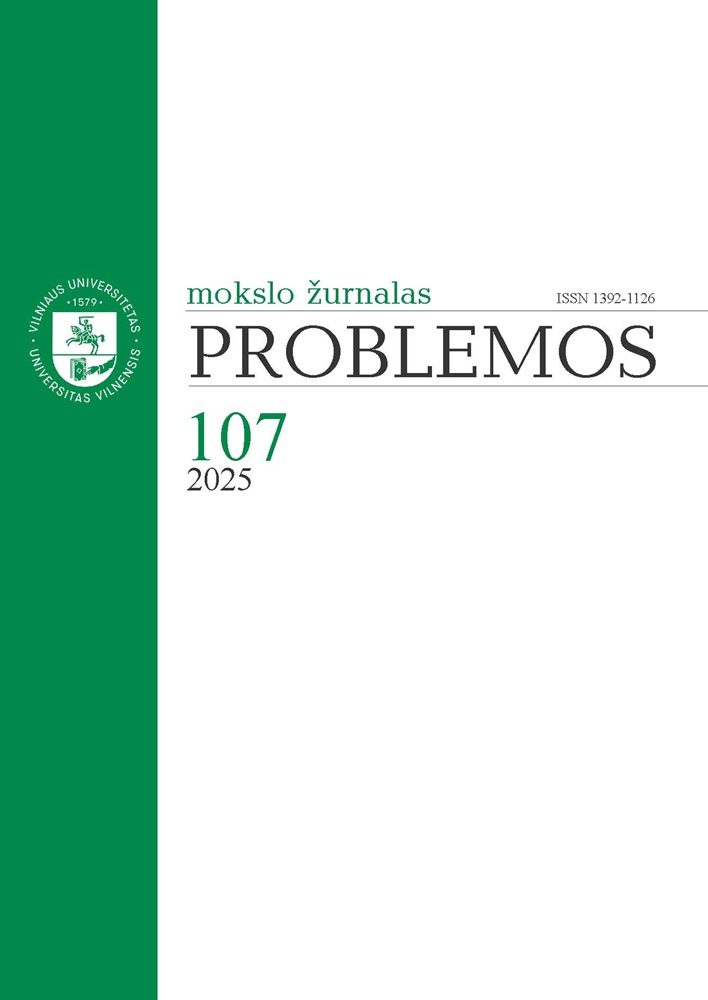Abstract
The concept of a person as a monolithic whole that retains its identity over time is a cornerstone of criminal law theory and practice. Derek Parfit’s moral philosophy, which is based on a reductionist view of persons, challenges this concept. The article identifies and discusses two forms of depersonalization found in Parfit’s philosophy – the reductionist concept of a person and the depersonalization of actions and experiences. Based on critical literature on the implications of scalar identity to criminal law and the uses of this concept in contemporary criminal law philosophy, it is argued that the main criminal law theories can integrate it without denying their core principles. Parfit’s denial of the possibility of deserved punishment is rejected based on its inconsistencies. Finally, it is shown that the growing power of neurointerventions to change the person, combined with Parfit’s depersonalization, would raise serious moral dilemmas for some utilitarian theories, including the view endorsed by Parfit himself.

